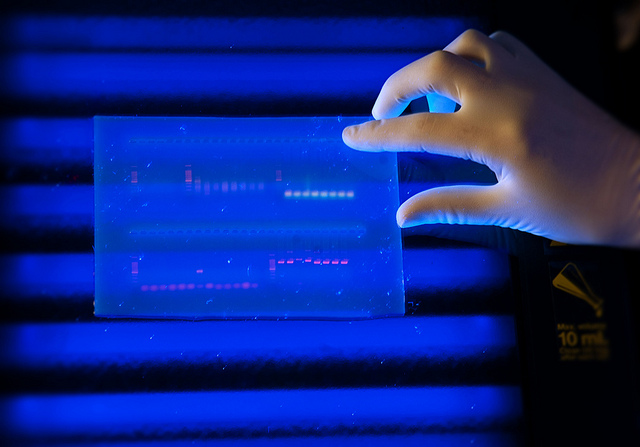Aggregated News

Anonymized genomes can be traced back to the people they came from by linking the data to identifiable individual traits, according to a study published Monday.
The proof-of-concept study points to potential privacy risks at a time when genomes are being sequenced in larger numbers for health research. But it also points to benefits in areas such as forensics where accurate descriptions, such as facial features, are essential.
Using 1,061 volunteers, researchers fed their genomic and biometric information into a machine learning program. Characteristics examined included sex, skin and eye color, facial structure, age, height, weight, and even voice.
The program was able to match anonymized genomes with the person they came from in more than 8 out of 10 times in racially mixed groups. In groups of those with only European or African-American ancestry, the accuracy dropped to 5 out of 10.
Published in the Proceedings of the National Academy of Sciences, the study can be found at j.mp/genomeprivacy when placed online.
While results fell well short of total accuracy, the number of genomes and people examined...



